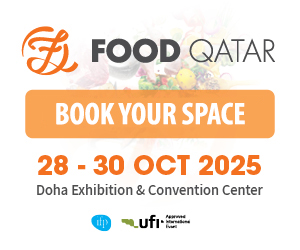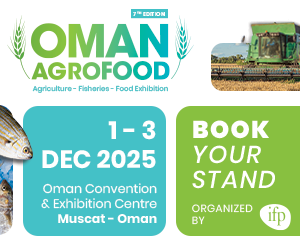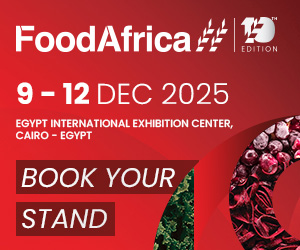Qatar is intensifying efforts to boost domestic food production as part of its National Food Security Strategy 2030, aiming to secure long-term sustainability and reduce dependency on imports. According to the Ministry of Municipality and Environment, the country is making tangible progress toward ambitious self-sufficiency targets across key food categories.
By 2030, Qatar plans to meet 100% of its needs in dairy and fresh poultry, 80% in fish, 55% in vegetables, and 30% in red meat. As of 2024, the country hosts more than 950 active farms, with the area under organic cultivation doubling in recent years.
In 2023 alone, Mahaseel Company marketed over 26 million kilograms of locally grown vegetables—representing a 98% rise in output over five years. The livestock sector also showed strong gains: fresh milk production reached 97% self-sufficiency, while poultry now fully satisfies domestic demand.
Valued at approximately $180 million in 2025, Qatar’s agricultural market is expected to grow at a CAGR of 5.5%, reaching $235 million by 2030. This growth is driven by the adoption of advanced techniques such as greenhouses, hydroponics, aquaponics, and vertical farming—key elements in government-led initiatives.
“These achievements stem from a clear national strategy, investment in agricultural innovation, and robust policy frameworks,” said food security expert Ibrahim Al Marri. “We’ve seen strong progress in greenhouse vegetables, fish, and dairy through the integration of sustainable practices and modern irrigation systems.”
Water conservation is also a central focus. Qatar aims to reduce water use per ton of crops by 40% by 2030, and increase the use of treated sewage effluent (TSE) for fodder irrigation from 27% in 2019 to 100%. “Hydroponics, automated systems, and soilless farming methods are essential tools in our arid environment,” Al Marri added, noting a 20% rise in domestic vegetable production in 2023 alone.
At the regional level, Qatar is promoting collaboration through its leadership of the GCC Agricultural Cooperation and Food Security Committee, helping establish unified sustainability standards for hydroponics and food system resilience.
“Qatar is building a resilient, high-tech, and environmentally conscious food ecosystem,” said Al Marri. “We’re well on our way to setting a regional benchmark for sustainable agriculture.”
Source: The Peninsula Qatar
















































































